-
chevron_right
Dutch Court Orders ISP to Block Torrent Site TorrentGalaxy
news.movim.eu / TorrentFreak · Friday, 15 November, 2024 - 13:22 · 3 minutes
 Pirate site blocking is one of the entertainment industry’s favorite enforcement tools. In recent years, it’s become a common practice in many countries around the world.
Pirate site blocking is one of the entertainment industry’s favorite enforcement tools. In recent years, it’s become a common practice in many countries around the world.
In the Netherlands, it took over a decade for the first order to be approved. After detours through the Supreme Court and the EU Court of Justice, the final order was issued in 2020, targeting The Pirate Bay .
With all the legal paperwork in order, the doors were open to more blocking requests, especially after rightsholders and local ISPs signed a covenant to streamline the process. If a court orders one company to block pirate sites, by agreement the other ISPs will follow suit.
After the initial Pirate Bay blockade, a follow-up order targeted YTS, EZTV and other torrent sites in 2022. Last year, the court approved a ‘dynamic’ blocking order against Lookmovie and Flixtor, followed by similar action against popular shadow libraries a few months ago.
New TorrentGalaxy Blockade
Yesterday, BREIN announced that it has won another blocking case. In a recent ruling, the Rotterdam District Court ordered Dutch internet provider Odido to block access to popular torrent site TorrentGalaxy and its associated proxy and mirror domains.
The Court found that TorrentGalaxy facilitates copyright infringement by providing unauthorized access to copyrighted works. As an internet service provider, Odido plays a role in facilitating access to TorrentGalaxy, therefore it’s obliged to take action to limit the piracy activity.
The ISP is seen as an intermediary under Dutch copyright law. Without taking action, it can be held liable, the Court explained. This wasn’t contested by Odido, but the ISP opposed BREIN’s blocking request for other reasons.
ISP Opposition Fails
In court, the ISP mentioned the subsidiarity requirement of the blocking covenant, arguing that BREIN had not sufficiently tested other avenues to shut the site down. BREIN could have done more to address the infringements closer to the source, by going after TorrentGalaxy’s hosting provider, for example.
BREIN had reached out to TorrentGalaxy’s former host FlokiNET in the past, but without any result. However, when the torrent site reportedly relocated this summer, it was weeks before BREIN contacted the new hosting company, Virtual Systems, which typically doesn’t respond to its inquiries either.
After reviewing the arguments from both sides, the Court agreed that BREIN had taken all appropriate steps as agreed in the blocking covenant.
“BREIN not only wrote to the site and the hosting provider, but also to the registrant, registrar and registry of each domain. BREIN has therefore done more than was expected of it,” the Rotterdam District Court’s decision notes.
There are additional steps BREIN could have taken. For example, it could have sued the hosting companies. However, that’s not needed to warrant a blocking order.
“The subsidiarity requirement does not extend so far that BREIN is required to first conduct numerous lawsuits abroad against foreign parties before it demands a blockade in the Netherlands,” the Court adds
500+ Domain Blockade
BREIN director Bastiaan van Ramshorst is pleased with the outcome, which requires other Dutch ISPs to follow suit. Overall, these blocking measures have proven to be effective, particularly since dynamic orders allow new domains to be added later on.
“The websites blocking covenant is working satisfactorily. Dynamic blocking is effective and in the Netherlands it leads to a substantial decrease in visits to the evidently illegal websites that are blocked,” he says.
In addition to ISPs, the order also extends to Google, as the search engine previously decided to voluntarily remove domains from local search results based on ISP blocking orders.
“Moreover, all websites that Dutch access providers must block by court order, Google removes from its search results at the request of BREIN. This cuts both ways,” Van Ramshorst adds.
At the time of writing, the full Dutch pirate site blocklist covers 574 domain names, including proxies and mirrors. In addition to newcomer TorrentGalaxy, it includes The Pirate Bay, YTS, KAT, 1337x, EZTV, LimeTorrents, RARBG (offline), Lookmovie, Flixtor, Anna’s Archive, and Library Genesis.
—
Update November 14: A copy of the Dutch verdict is now publicly available .
From: TF , for the latest news on copyright battles, piracy and more.

 At the start of 2024, few would’ve believed that Nintendo had a plan up its sleeve that would turn the Switch emulator scene upside down in a matter of months.
At the start of 2024, few would’ve believed that Nintendo had a plan up its sleeve that would turn the Switch emulator scene upside down in a matter of months.
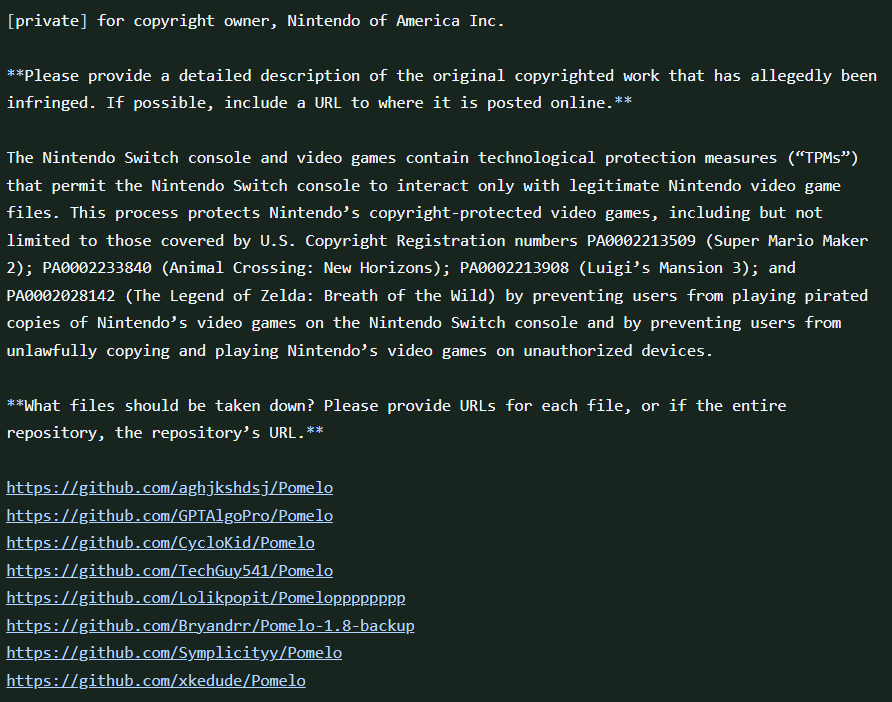
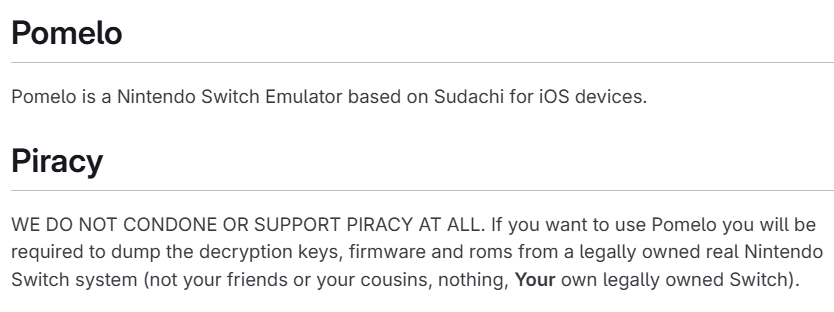
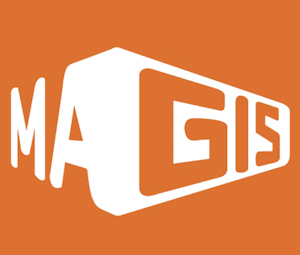 There are dozens of recognizable brands in the illegal streaming market, all jostling for position in a chaotic market where trademarks are copied even more readily than movies or live TV streams.
There are dozens of recognizable brands in the illegal streaming market, all jostling for position in a chaotic market where trademarks are copied even more readily than movies or live TV streams.

 After eight years of unprecedented uptime and reliability, the collapse and eventual demise of pirate streaming giant FMovies looked much like the demise of any other.
After eight years of unprecedented uptime and reliability, the collapse and eventual demise of pirate streaming giant FMovies looked much like the demise of any other.




 For most of 2024, major football leagues in Spain and Italy have regularly used the media to criticize and then publicly threaten Google. Rightsholders have
always criticized Google
but this feels a bit different.
For most of 2024, major football leagues in Spain and Italy have regularly used the media to criticize and then publicly threaten Google. Rightsholders have
always criticized Google
but this feels a bit different.





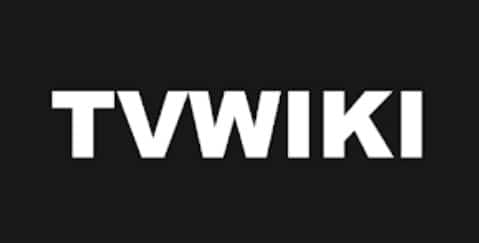 Like most other countries, South Korea has a persistent piracy problem. Online streaming platforms in particular, have flourished in recent years.
Like most other countries, South Korea has a persistent piracy problem. Online streaming platforms in particular, have flourished in recent years.

 In late 2022, several of the world’s largest music companies including UMG, Warner and Sony Music prevailed in
In late 2022, several of the world’s largest music companies including UMG, Warner and Sony Music prevailed in
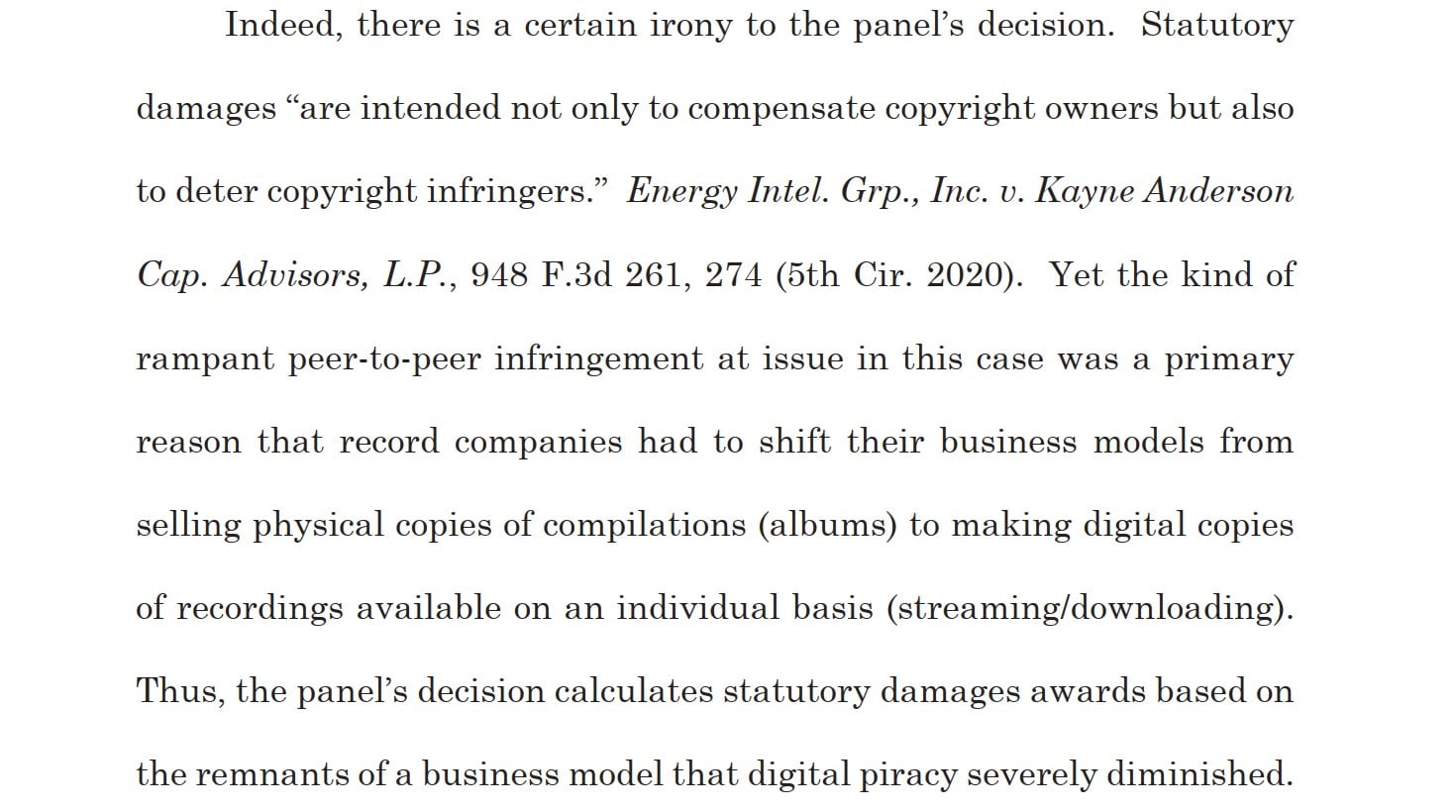
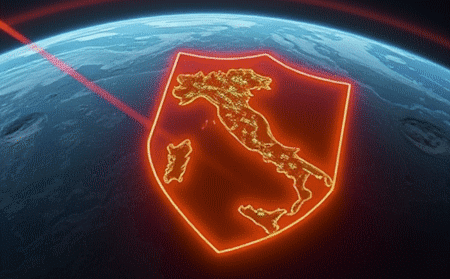 While judicial oversight may be initially unavoidable when site-blocking is first introduced to a country, systems with less friction are strongly preferred.
While judicial oversight may be initially unavoidable when site-blocking is first introduced to a country, systems with less friction are strongly preferred.



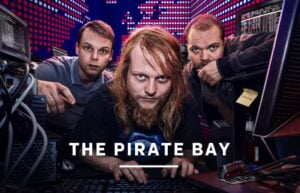 The long-awaited Pirate Bay TV series premiered in Sweden on Friday, through official channel and
The long-awaited Pirate Bay TV series premiered in Sweden on Friday, through official channel and